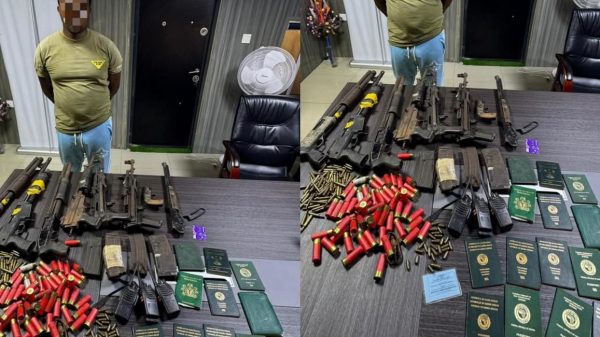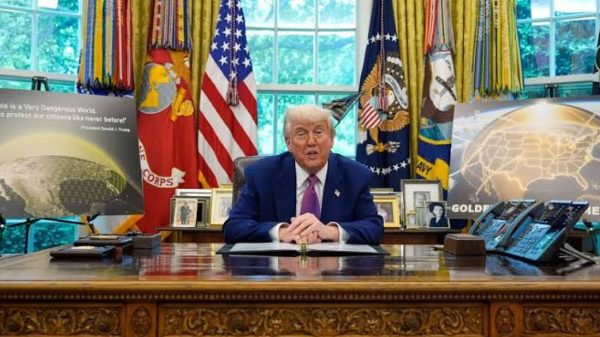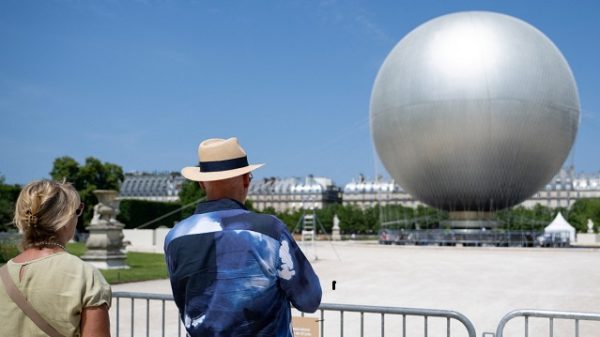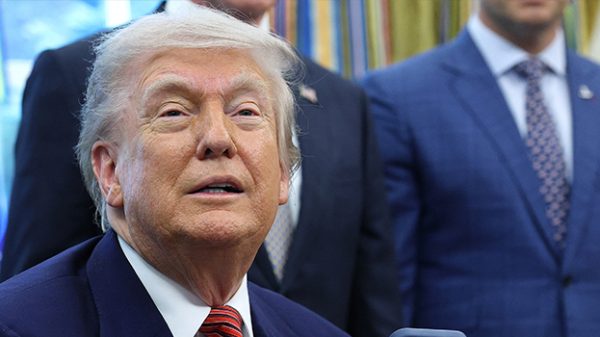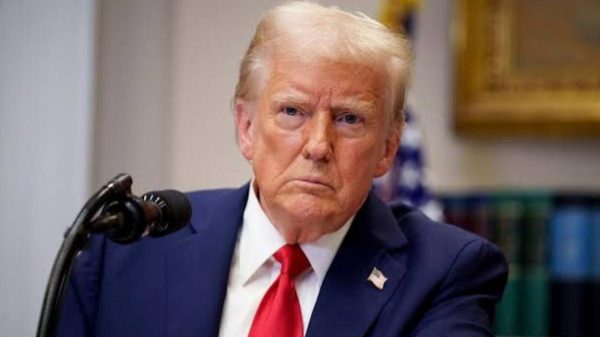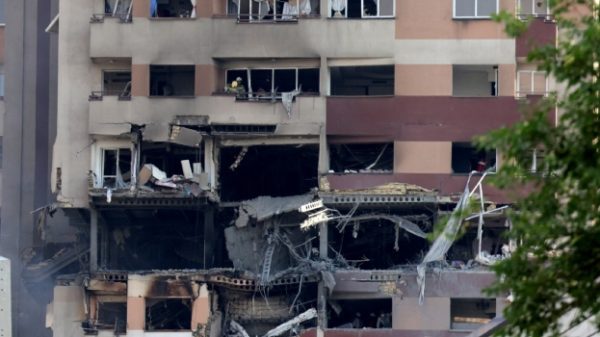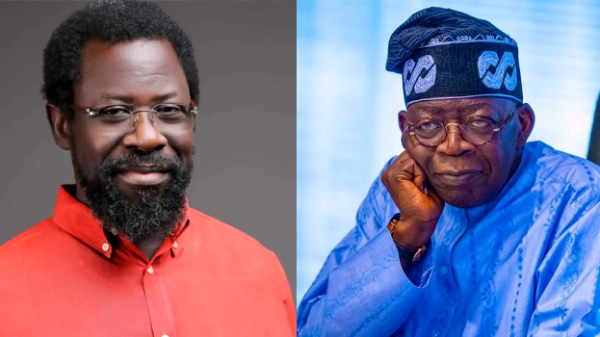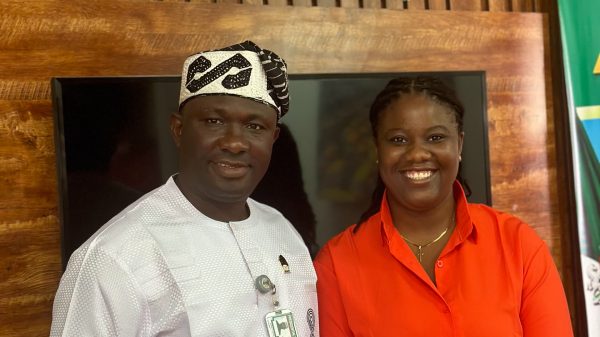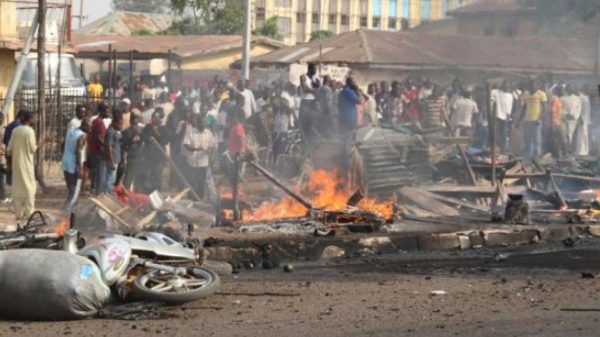Human rights activist and former presidential candidate, Omoyele Sowore, has slammed Nigeria’s Chief of Defence Staff, General Christopher Musa, for proposing the construction of fences along Nigeria’s borders to address the country’s growing security crisis.
General Musa made the proposal during an interview on Arise News, arguing that Nigeria’s porous borders—particularly with Niger Republic—were key entry points for terrorist groups like Boko Haram and ISWAP.
“The main attraction to all these terrorists and bandits is Nigeria,” the Defence Chief stated. “For us to be secure, it is important — let us fence our borders. Even if it’s expensive, what is money if you are dead?”
He further explained that fencing key areas, especially the northern corridors, would help limit terrorist infiltration and support technological surveillance like drones and cameras, thereby reducing the need for extensive manpower deployment.
However, Sowore, a vocal critic of government policies and a staunch advocate of democratic governance, dismissed the proposal as a shallow solution to a deeply rooted problem.
Taking to his verified social media account, Sowore wrote:
“According to Nigeria’s Chief of Defence Staff, Nigeria must promptly fence its entire border. When that fails, we must then fence all the state borders and then local government borders, then streets—sorry, we already fenced all our houses. Foolish people!”
Sowore’s response has sparked widespread public debate, with many Nigerians questioning the practicality and cost-effectiveness of fencing over 4,000 kilometers of land borders Nigeria shares with Niger, Chad, Cameroon, and Benin.
Security experts have also weighed in, noting that while stronger border control measures are important, fencing alone cannot solve the complex security challenges facing the country.
“Fencing is symbolic at best if it is not backed by regional intelligence-sharing, proper funding, and consistent military operations,” said security analyst Ahmed Gidado. “Most of these terrorists don’t walk through official border points—they sneak in through unmanned areas or get help from insiders.”
Just weeks ago, a deadly massacre in Yelwata, a Benue State border town, claimed over 200 lives. Security reports linked the incident to foreign attackers believed to have entered through the Niger-Nigeria corridor.
General Musa’s border fencing proposal comes amid ongoing efforts by the Nigerian government to address rising insecurity in various regions, especially in the north and middle belt. But for critics like Sowore, the idea signals a deeper failure to craft long-term strategies to confront terrorism and organized crime.
“Nigeria’s leadership must rise above temporary solutions and embrace policies that address the root causes of insecurity—poverty, corruption, weak institutions, and poor intelligence gathering,” said Chidi Nwosu, a lecturer in strategic studies at the University of Abuja.
While the Ministry of Defence has yet to respond to Sowore’s comments, public reactions continue to grow, reflecting widespread frustration with the current state of national security.



